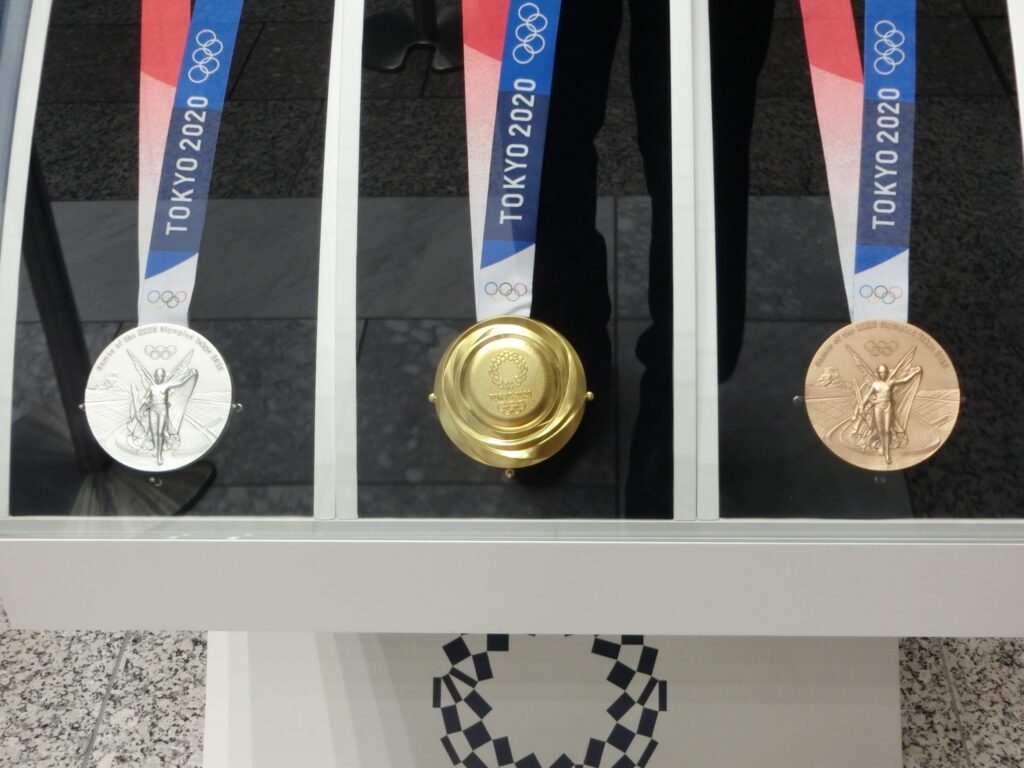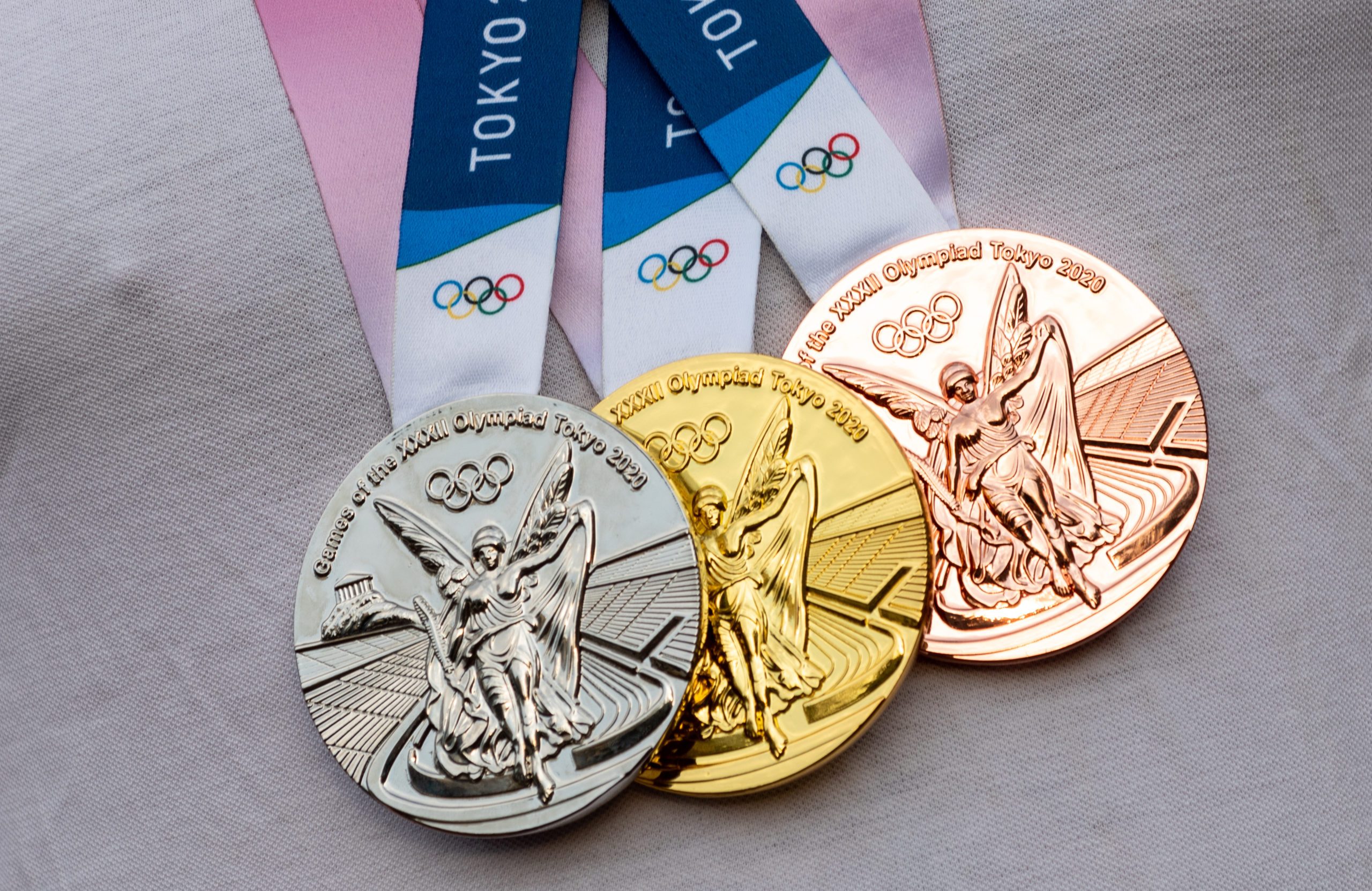The 2020 Summer Olympics in Tokyo is set to close on August 8th. We’ve been watching the games at Garfield, and it got us wondering: Are Olympic gold medals made of real gold?
You may be surprised to learn that Olympic gold medals are not 100% gold. Silver, in fact, makes up most of the gold medals. They haven’t been 100% gold since the 1912 Stockholm Olympics.
What are gold medals made of?
The host city’s organizing committee determines the design and composition of the gold, silver, and bronze medals. The National Olympic Committee allows a lot of leeway with medal design, but there are minimum standards.
The rules for gold medals are:
- First place Olympic athletes received gold medals.
- Gold (and silver) medals have at least 92.5% silver (sterling silver).
- 6 grams of gold plate these gold medals.
- All medals must be at least 3 mm thick and 60 mm in diameter.
Gold medal history
The tradition of awarding gold, silver, and bronze medals dates back to the 1904 Summer Olympic Games in St. Louis. However, as we mentioned, the last Olympic gold medal that was pure gold was awarded at the 1912 Stockholm Games.
World War I caused a shortage of precious metals after the 1912 Stockholm Games, according to ABC News. This is likely the reason Olympic gold medals haven’t been pure for more than 100 years.

In the ancient Greek Olympics, medals weren’t awarded. The prizes: A wreath of olive leaves from a tree near Zeus’ temple placed on the winner’s head.
Athens, Greece, hosted the first modern Olympics in 1896. First-place winners received silver medals at those games because silver was more precious at the time. At the 1900 Olympic games in Paris, the winners received trophies or cups instead of medals.
How much are gold medals worth?
This year’s Tokyo Olympics medals came from materials recycled from electronic devices donated by Japanese citizens.
The bullion value of Olympic gold medals isn’t that high. Taking current precious metals prices into consideration, Richard Gladdle of Baldwin’s Auctions told BBC News the melt value of a gold medal from Tokyo is about $750 right now.

Bronze medals are barely worth anything. The bronze medals consist of an alloy of copper and zinc, with less than a $7 melt value!
Gold medals may not be super-lucrative items, but they’re priceless to the athletes who win them. Athletes rarely sell Olympic medals at auction, but they net high prices when they are.
Mark Wells won a gold medal with the U.S. Men’s Hockey team at the Winter Olympics in 1980. Wells sold his medal to a private collector for nearly $311,000 in 2010. And in 2013, one of Jesse Owen’s gold medals from the 1936 Summer Games in Berlin sold for about $1.47 million.
If you’re looking to sell unwanted gold or silver, download a free shipping label today!
Established in 1892, Garfield will get you the most for your gold, silver, platinum, and palladium, and we offer the industry’s best customer service. Call us today at 888-677-2362 to find out why Garfield is a premier precious metals refinery!

